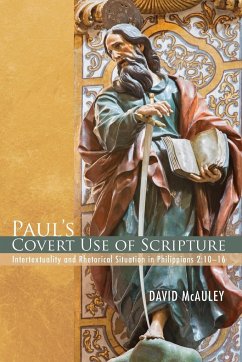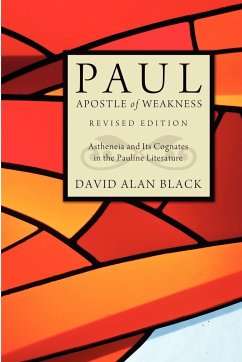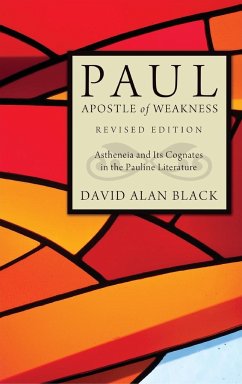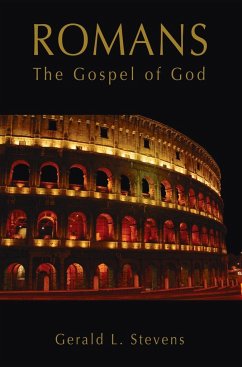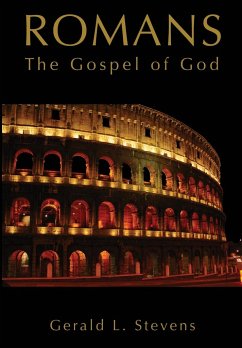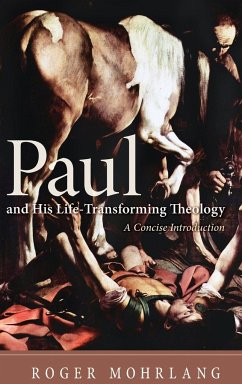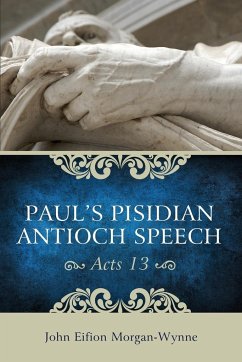This book explores why and how Paul uses Scripture (Old Testament) in Phil 2:10-16. It tests the suggestion that a cluster of tacit references to specific books of Scripture is integral or foundational to Paul's epistolary argument. If the problem in Philippi is the disinclination to accept suffering and death as intrinsic to gospel citizenship, then the muted allusions lead to a single, central theme: "God's approval of suffering and death for the sake of Christ." McAuley argues this theme is the crucial intertext that unifies and gives significance to the whole letter. Previous scholarly efforts to discover congruence between the contexts of Philippians and the Old Testament have rested on a heuristic approach focused on surface-level themes and "facticities" recorded in Paul's text, leading to mixed results. In this investigation McAuley sets forth a new theoretical and exegetical framework that draws on insights from theories of intertextuality, allusion, and rhetorical situation to offer a fresh interpretation of Philippians.

